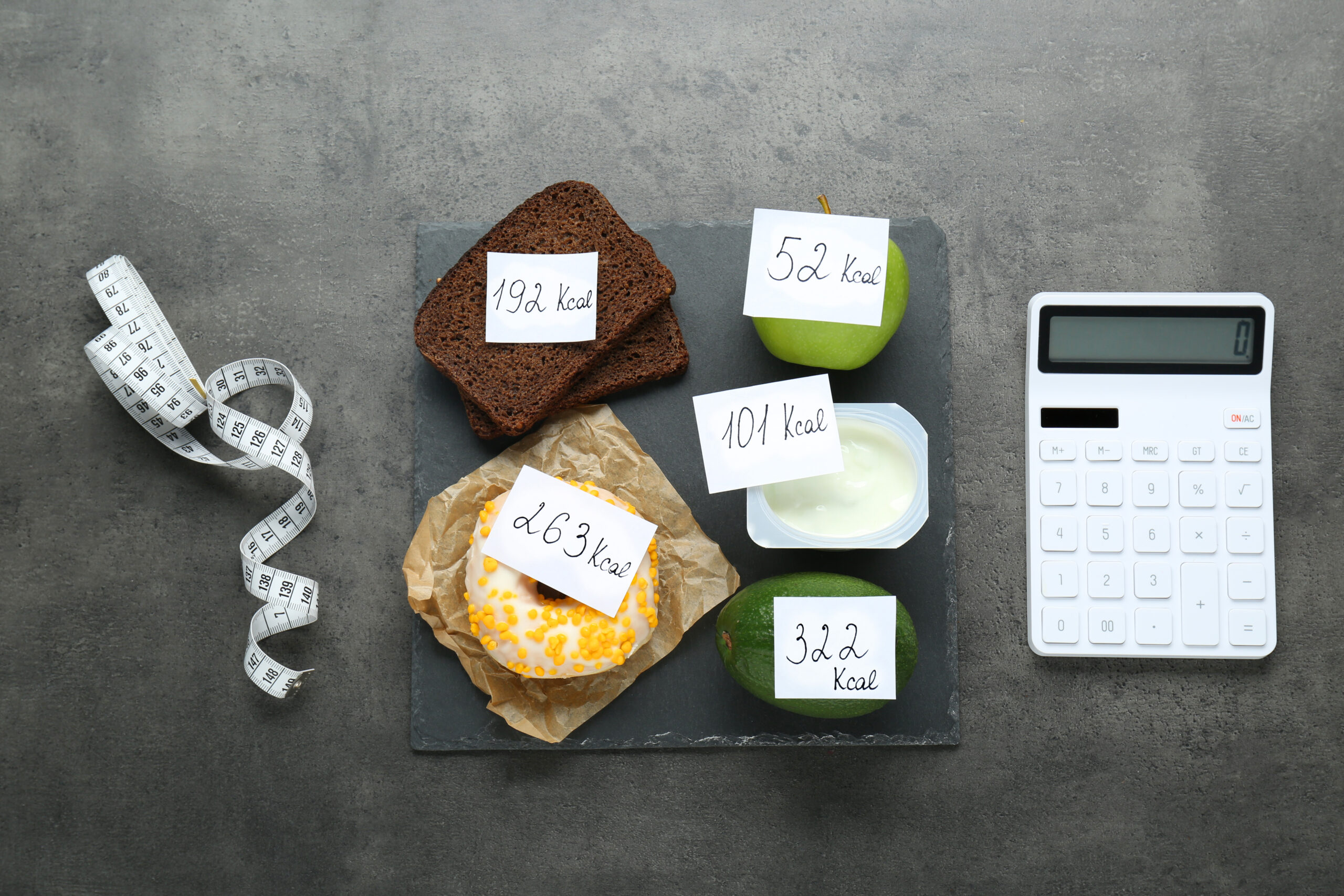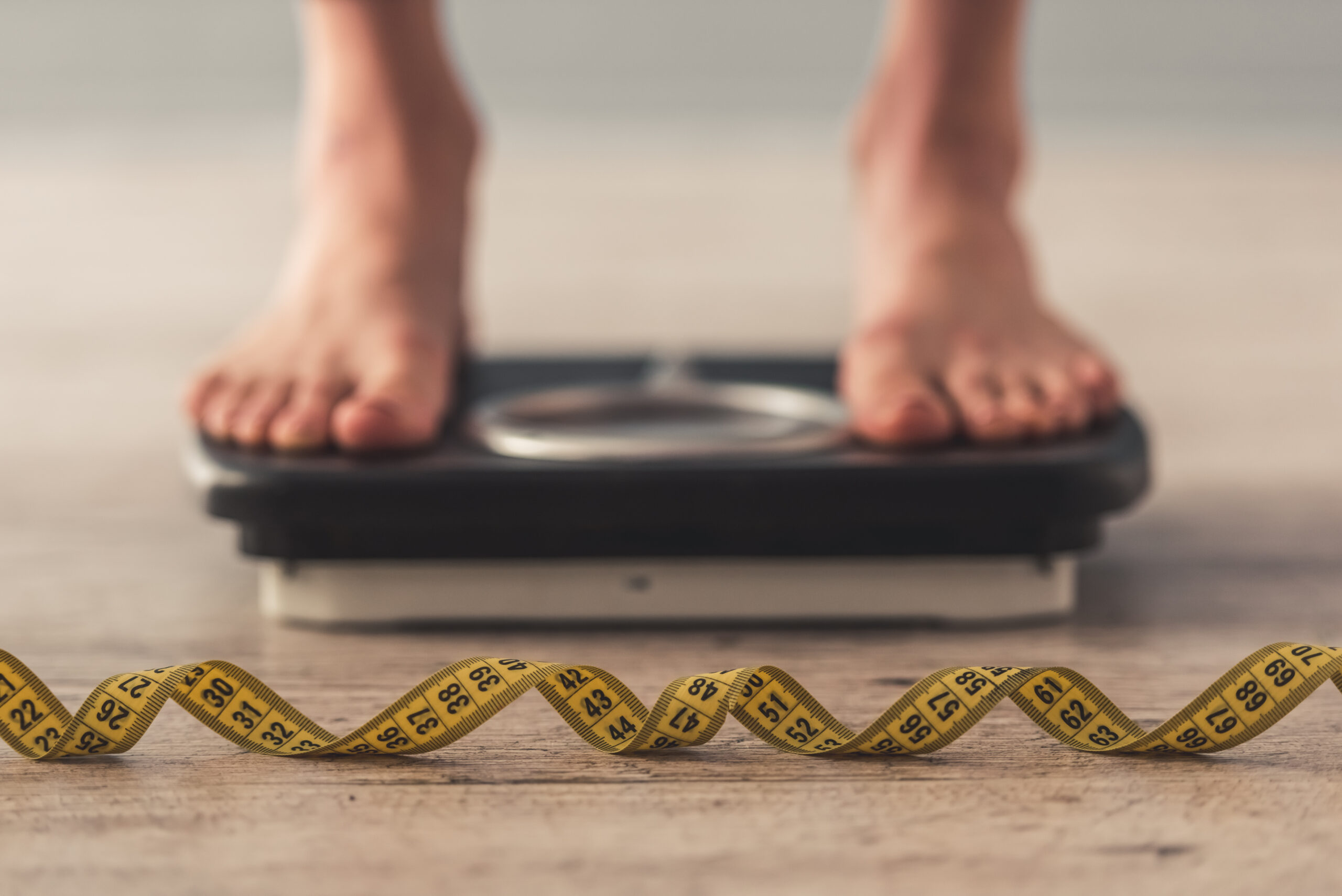INTRODUCTION
In our quest to achieve the perfect body, we often fall prey to quick-fix diets, ‘miracle’ weight loss supplements, and flashy fitness programs. But what if the secret to sustainable weight loss lies not in these fads, but in small, consistent changes to our lifestyle? Today, we’ll be delving into the truths about weight loss – from understanding calorie deficits to the importance of nutrient-dense food and regular exercise.
The Power of Nutrient-Dense Food
Making Exercise a Regular Habit
Beware of Liquid Calories
Change Your Perspective: It’s a Lifestyle, Not a Diet
More Lifestyle Tips for Sustainable Weight Loss
UNDERSTANDING CALORIE DEFICIT

To lose weight, you need to create a calorie deficit. This means consuming fewer calories than your body uses for its daily functions and physical activities. However, creating a calorie deficit doesn’t necessarily mean you have to starve yourself or go on a restrictive diet. To lose one pound of fat you need to be in a caloric deficit of around 3600 calories. So trying to do starve yourself to lose weight will never get you anywhere. Instead it can be as simple as reducing your portion sizes, opting for low-calorie alternatives, or incorporating more physical activity into your routine. All of these options will help put you in a deficit overtime and uses your bodies natural metabolism to help you lose weight. It’s essential to approach this in a healthy, sustainable way that respects your body’s needs and prevents malnutrition.
THE POWER OF NUTRIENT-DENSE FOOD

While calorie counting can be a useful tool in your weight loss journey, it’s crucial to remember that not all calories are created equal. 500 calories worth of cookies does not have the same nutritional impact as 500 calories worth of mixed vegetables and lean protein. Nutrient-dense foods – those packed with vitamins, minerals, fiber, and other essential nutrients – are incredibly beneficial for weight loss. They keep you satiated for longer, aid in digestion, and provide your body with the fuel it needs to function optimally.
MAKING EXERCISE A REGULAR HABIT

Exercise is a key component of any weight loss journey. Not only does it burn calories, but it also builds muscle, which can increase your metabolic rate and help you burn more calories at rest. However, it’s crucial to choose a form of exercise that you enjoy and can commit to regularly. Whether it’s swimming, cycling, yoga, or strength training, the best exercise for weight loss is the one you’ll stick with.
BEWARE OF LIQUID CALORIES

Liquid calories can be a sneaky contributor to weight gain. Beverages like soda, juice, and even your morning latte can pack a surprising amount of calories. And because these drinks don’t make you feel as full as solid food, it’s easy to consume a lot without realizing it. Instead, try to hydrate primarily with water, herbal tea, or other calorie-free beverages.
CHANGE YOUR PERSPECTIVE: IT'S A LIFESTYLE, NOT A DIET

One of the most powerful changes you can make on your weight loss journey is to shift your mindset. Instead of viewing it as a temporary diet or a punishment, see it as a lifestyle change. This means adopting healthy habits that you can maintain in the long term, even after you’ve reached your weight loss goal. Remember, weight loss is not just about looking a certain way – it’s about caring for your body, enhancing your health, and improving your quality of life.
MORE LIFESTYLE TIPS FOR SUSTAINABLE WEIGHT LOSS

Weight loss is a complex process influenced by many factors, from genetics to mental health. Here are a few more tips to support your weight loss journey:
- Get Plenty of Sleep: Lack of sleep can interfere with your body’s hunger hormones and lead to increased calorie consumption.
- Manage Stress: High stress levels can trigger emotional eating and hinder your weight loss efforts.
- Eat Mindfully: Pay attention to your hunger and fullness cues, and make an effort to savor and enjoy your food.
- Stay Consistent: It’s what you do consistently, not occasionally, that shapes your health and body.
CONCLUSION
While weight loss can seem complicated, it doesn’t have to be. By focusing on small, sustainable changes to your lifestyle, you can achieve and maintain your weight loss goals in a healthy, enjoyable way. Remember to always prioritize your health and wellbeing over the number on the scale, and don’t hesitate to seek professional help if you’re feeling stuck or overwhelmed. After all, your weight is just one aspect of who you are – not the defining factor.

